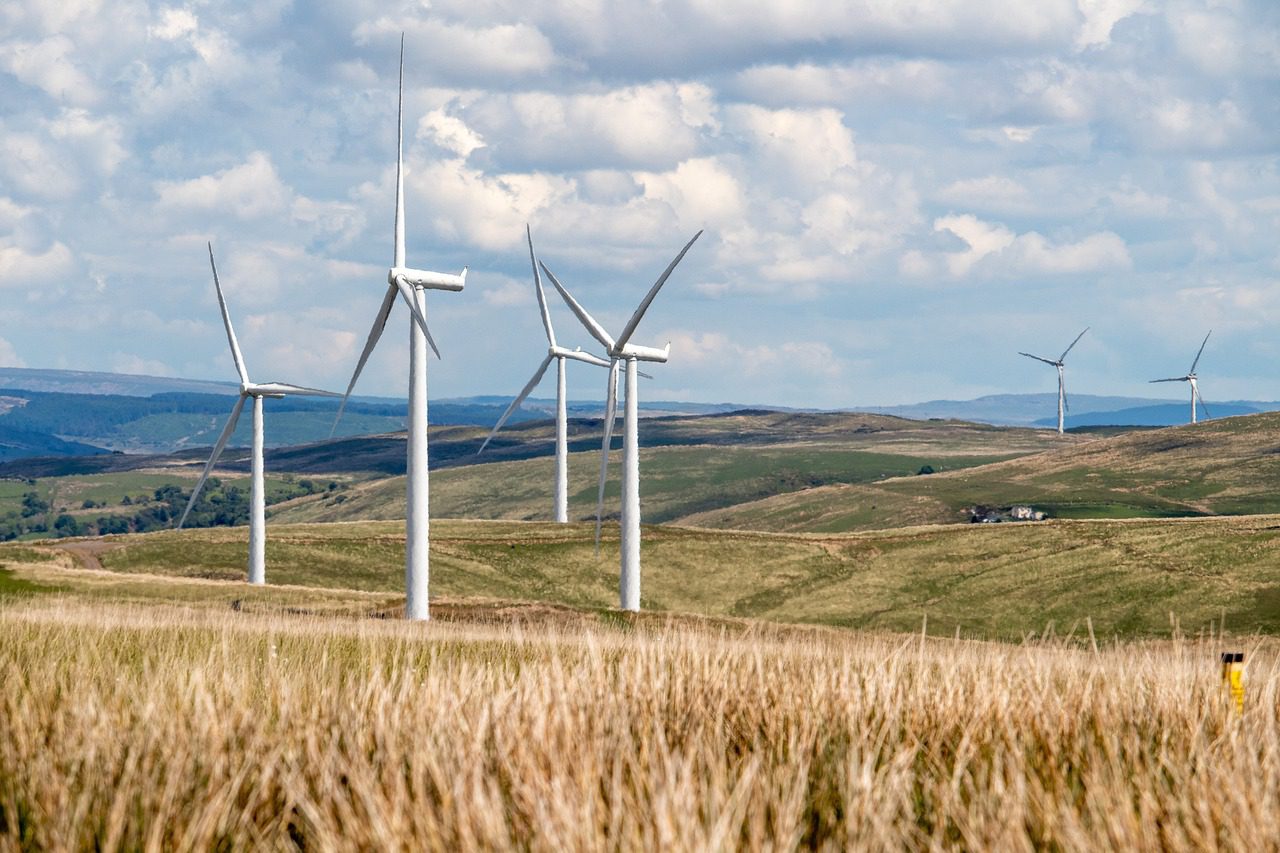
Americans Are Paying More for Power Thanks to Environmentalist Policies
David B McGarry
June 24, 2024
According to a recent report from the National Energy Assistance Directors Association and the Center for Energy Poverty and Climate, consumers will pay more for utilities this summer. “The financial burden to families of keeping cool this summer will increase by 7.9% across the nation to an average of $719 from June through September, up from $661 during the same period last year,” the report says. The authors attribute this price hikes to climate change, and they propose as solutions a series of subsidies and regulatory interventions.
Pro–green transition advocates insist – against all evidence – that their favored technologies can provide cheap, reliable, and abundant power. They say the technology has sufficiently matured and can serve all Americans by 2035, 2050, or some such arbitrary and fast-approaching benchmark. These claims raise the simple question of why, if renewables have such extraordinary capabilities, the government must enforce their adoption with copious subsidization and draconian emissions mandates. It seems unlikely that purportedly greedy energy moguls would eschew profitable green energy simply out of some emotional attachment to fossil fuels.
The obvious answer is that renewables cannot compete on free and open markets (generally speaking). Renewable-dense electricity grids produce power less consistently and at higher cost, and they have faltered along only at great cost to the taxpayer. In significant part the effect of public-policy decisions, this summer’s utilities price increases continue a decades-long trend. As energy expert Mark Mills told Congress in 2022, “the average retail cost of electricity has been increasing for two decades, up 50% since the year 2000, after earlier declining for several decades.” Moreover, Mills noted, American grids have become less reliable.
In California, lawmakers’ regulatory aggression has provided stark empirical results demonstrating the impacts of muscular environmentalist policy. The experimentation in this laboratory of democracy has harmed residents – especially low-income residents, of whose wealth rate hikes and other regulatory costs remove a disproportionate share. “Electric rates under California utility PG&E have increased 127% in the past decade along with surging costs for wildfire prevention and grid upgrades,” The Wall Street Journal reported last month. “Nearly a quarter of the utility’s customers are now delinquent on their bills.”
Europe, too, has struggled to reconcile green policies’ reality with environmentalists’ aspirations. Militant environmentalism has cripped Germany’s power sector and stoked political unrest for good reason. According to Mills, Germans pay roughly 300 percent more than Americans for residential power.
If regulators were to deregulate markets – allowing renewables and fossil fuels to compete freely – consumers would benefit from lower energy prices and fewer disruptions. Fossil fuels would, for the time being, at least, provide the bulk of American power. But in use cases in which renewables provide optimal value, renewables would succeed. Moreover, should technology progress in an unforeseen manner — should a feasible solar or wind technology emerge — the new technologies would replace old sources of energy as markets and consumers dictate. Free markets reward the provision of goods and services that best fulfill the needs of consumers, and no cognizable principle (besides environmentalist orthodoxy) dictates that the Invisible Hand should not work in the energy sector as it does in other industries. And, of course, any discussion of energy policy must include a plea for nuclear energy, whose deregulation would almost certainly unleash yet-unknown energy abundance.
Evidence of the state-planned green transition’s failures will keep accumulating. Utilities rates will continue to rise, regulatory mandates will continue to hamstring power generation and to promote sub-par vehicles and appliances, and tax burdens will continue to intensify. Unfortunately for American consumers, this will mean bloated utilities bills and broken-down electric vehicles.
That is, unless politicians – prompted by their overburdened voters – reverse course.
